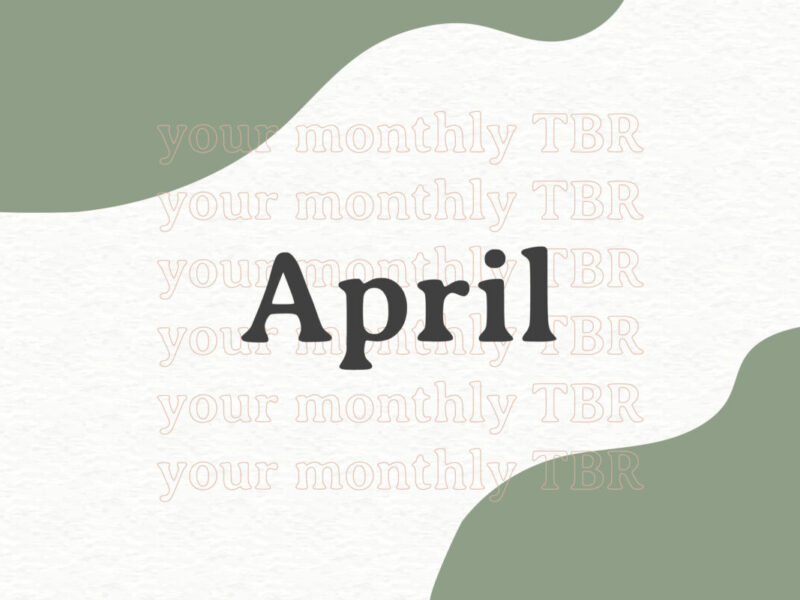Talk about how humor can help us persevere, even in the darkest of times. “Humor, more than anything else in the human make-up, can afford an aloofness and an ability to rise above any situation, even if only for a few seconds,” writes Viktor Frankl in Man’s Search for Meaning.
“Lending Out Books” by Hal Sirowitz
With deadpan delivery, concise storytelling, and punchy endings, Hal Sirowitz first gained attention through his slam poetry in New York in the 80s and 90s. He’s been awarded the National Endowment for the Arts Fellowship and New York Foundation of the Arts Fellowship and was the second Poet Laureate of Queens, New York.
From his 1998 poetry collection, My Therapist Said, “Lending Out Books” is written from the perspective of, well, his therapist. With brevity and wit, this poem tells the story of a man who lends books to his romantic interests, but it also highlights the disconnect, at times, between our intentions and their outcomes.
“The Whistler” by Sommer Browning
As a poet, comedian, illustrator, comic illustrator, librarian, and art curator, humor runs through all of Browning’s pursuits. “It was some time in 9th grade that I remember making my friends laugh and noticing the way everyone loosened up, the mood changed, people seemed pleased in me, Browning said in an interview with Best American Poetry. “But I didn’t realize I was funny; I probably just realized that a few weeks ago. But I did realize that I could have an impact on the world around me through something I did spontaneously—a kind of rudimentary existential awareness.”
Her poem “The Whistler,” takings readers along a tumbling, rapid-fire thought spiral in which Browning recalls instances once done, once said, or once heard. This includes a story of how she once wrote down an erotic fantasy, password-protected the document, and then forgot the password. Her memories—mistakes and all—whiz by, coming into focus and disappearing as if watching her life through a rear-view mirror.
“Five Poems” by Matt Cook
Wry but welcoming, granular but expansive, Matt Cook is known for his clever analysis of the inane. The former poet Laureate of Milwaukee, Cook began writing poetry as a teen. “It’s like how every kid draws, but then everyone stops drawing when they grow up. It’s like that with poetry. I never stopped, or maybe I never grew up,” he told OnMilwaukee.com.
From his 2017 collection, Irksome Particulars comes “Five Poems.” And it is five poems, but five short poems that are meant to be read in order. Cook makes a brave choice in this poem, using the second person “you.” It pays off with a casual, stream-of-consciousness tone that reminds you of what it feels like to laugh at your own thoughts.
“Another Autumn in New York” by Morgan Parker
A poet, novelist, and editor, a sense of humor is no stranger to Parker’s work. With four poetry collections under her belt, she’s been awarded a Cave Canem Fellowship, a Gatewood Prize, a Pushcart Prize, a National Endowment of the Arts Fellowship, and a National Book Critics Circle Award.
“Another Autumn in New York” appears in her 2017 collection, There Are More Beautiful Things Than Beyonce. Parker holds no pretense in this poem, or in the entire collection. A personal favorite line in this poem reads, “I will not be attending the party / tonight because I am / microwaving Multiple Lean Cuisines / and watching Wife Swap…” Rhythmic and uninhibited, Parker flouts societal pressures and embraces the imagination.
“Compulsively Allergic to the Truth” by Jeffrey McDaniel
This Philadelphia-born poet has been praised for his fresh tone, provocative topicality, and unexpected humor. McDaniel is a National Endowment for the Arts Fellow and the author of five poetry collections. He currently teaches creative writing at Sarah Lawrence College and has served as a judge for the National Book Award in poetry.
“Compulsively Allergic to the Truth” comes from his 2008 collection The Endarkment. With short lines and a speedy pace, this poem straddles the line between humorous and haunting. Repeating the phrase “I’m sorry I was late,” McDaniel harkens back a suppressed and familiar feeling of shirking responsibility and dodging disappointment.




